Short News
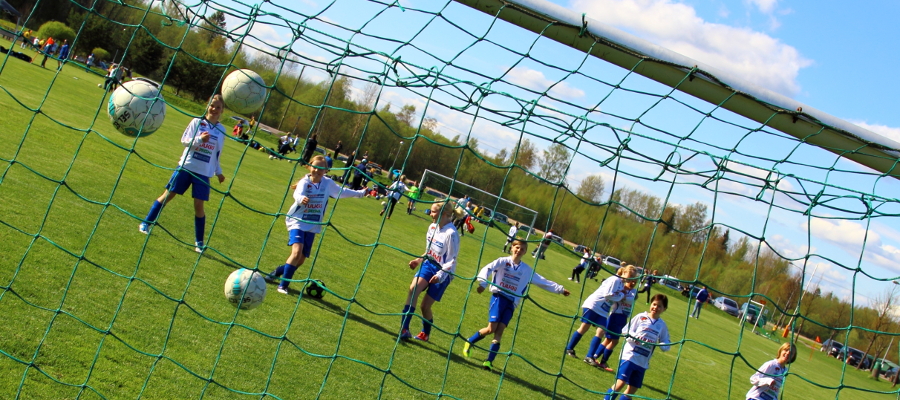
Less bullying in DK sports clubs
Five years ago, 26.5 percent of Danish sports club members had been subject to bullying. Today, it’s down to 16.4 percent, thanks to campaigns and awareness.

Solar panels required on new houses
A new law makes solar panels mandatory on all new houses in California. Building costs increase, in the long run people save $80 a month on their utility bills.
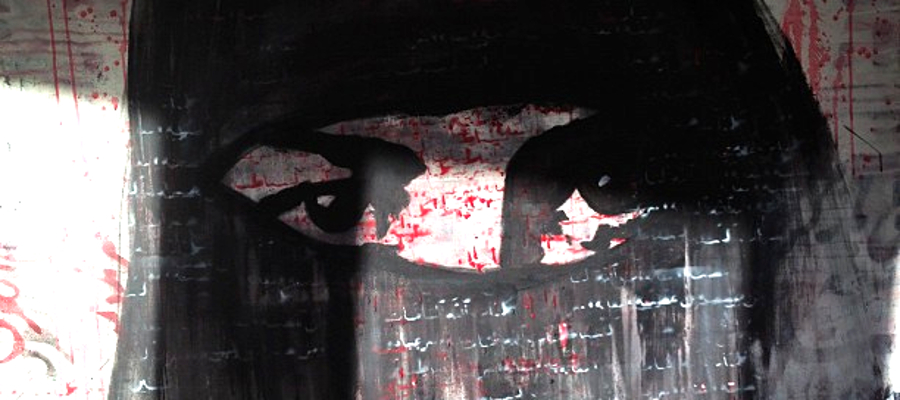
Saudi women demand their freedom
After the driving ban for women was lifted in Saudi Arabia, 15,000 activists have set their sights on a new target - to end male guardianship over women.
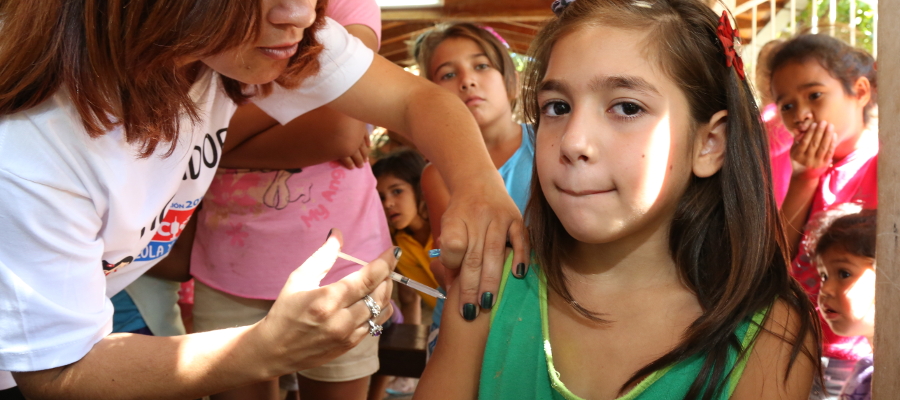
Measles on the way out
After 20 years of fighting the measles with vaccinations worldwide, there are now fewer than 100,000 yearly cases of this dangerous children’s disease.
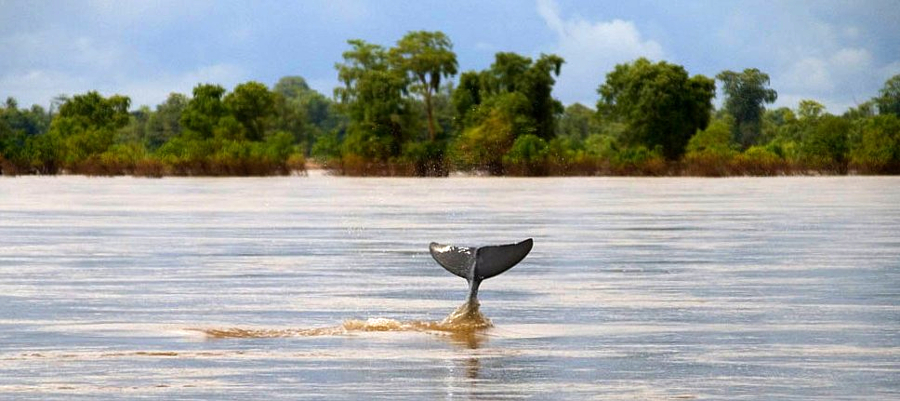
More rare dolphins
For the first time, numbers of the extremely endangered Irrawaddy dolphin in the Cambodian Mekong river have increased - from 80 to 92 in two years.

World focus on toxic fat
The WHO now recommends that all countries in the world follow Denmark’s example and ban trans-fatty acids in food. This could save half a million lives a year.
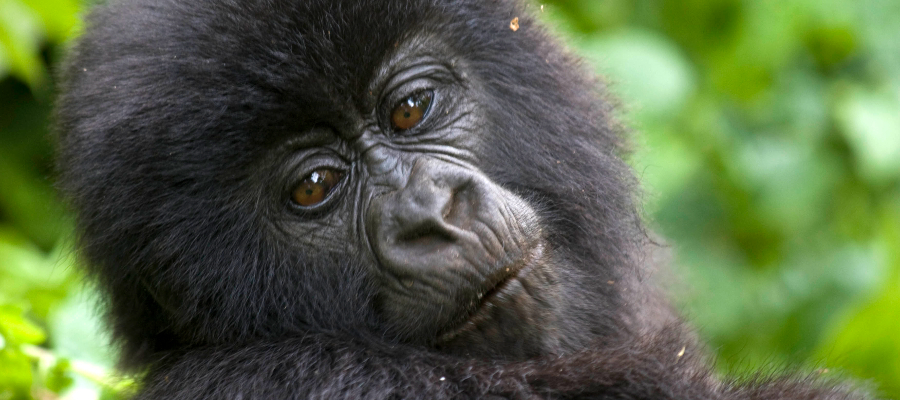
A new hope for gorillas
According to a new study, there are more gorillas in the world than previously estimated. This means a better chance to save the critically endangered species.

Battle against yellow fever begins
The WHO has begun vaccinating nearly a billion people in 27 African countries, in order to eliminate yellow fever before 2026.
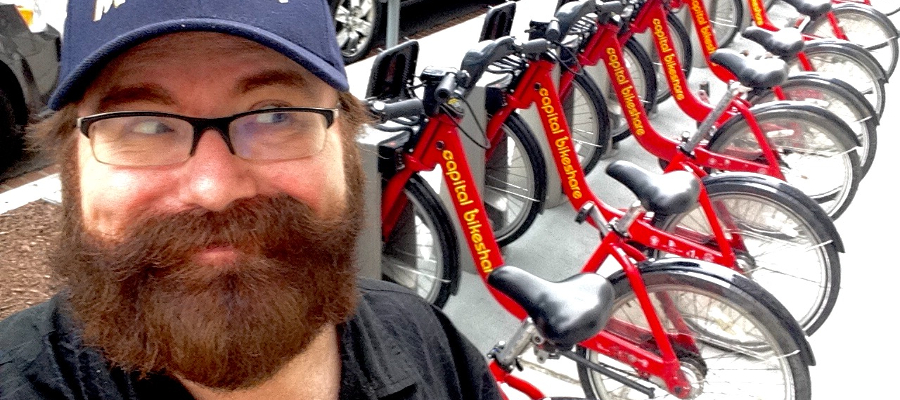
Americans in love with bike sharing
There are now more than 100 bike share systems in the USA. Americans took 35 million bike share trips in 2017. That’s up 25 percent on the previous year.
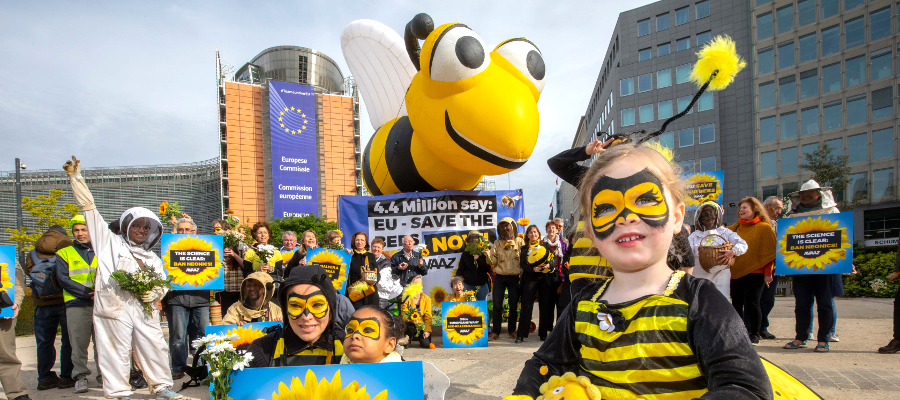
Poison ban to benefit bees
The EU will now ban a type of pesticides that harms bees. The number of bees has dropped dramatically in recent years, harming nature and agriculture.
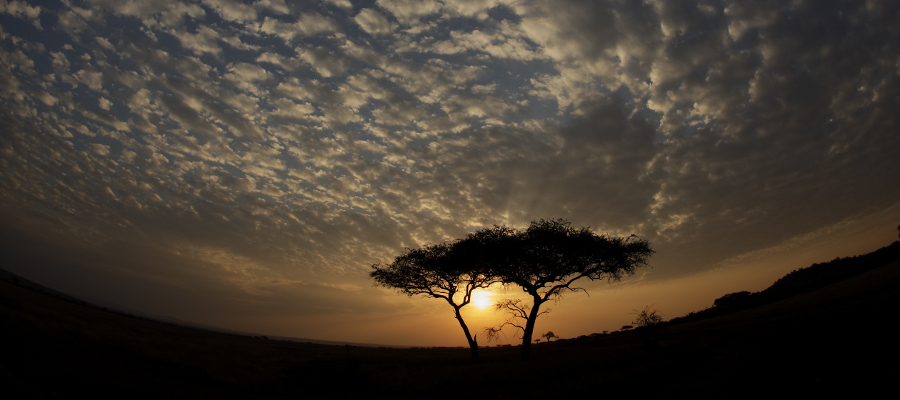
Fewer death penalties in Africa
In Africa south of the Sahara, 20 countries have now banned capital punishment.

New ’tiger economy’ pounces
Over the past ten years, Bangladesh has created economic growth. Many have left extreme poverty, despite poor conditions in the country’s garment industry.